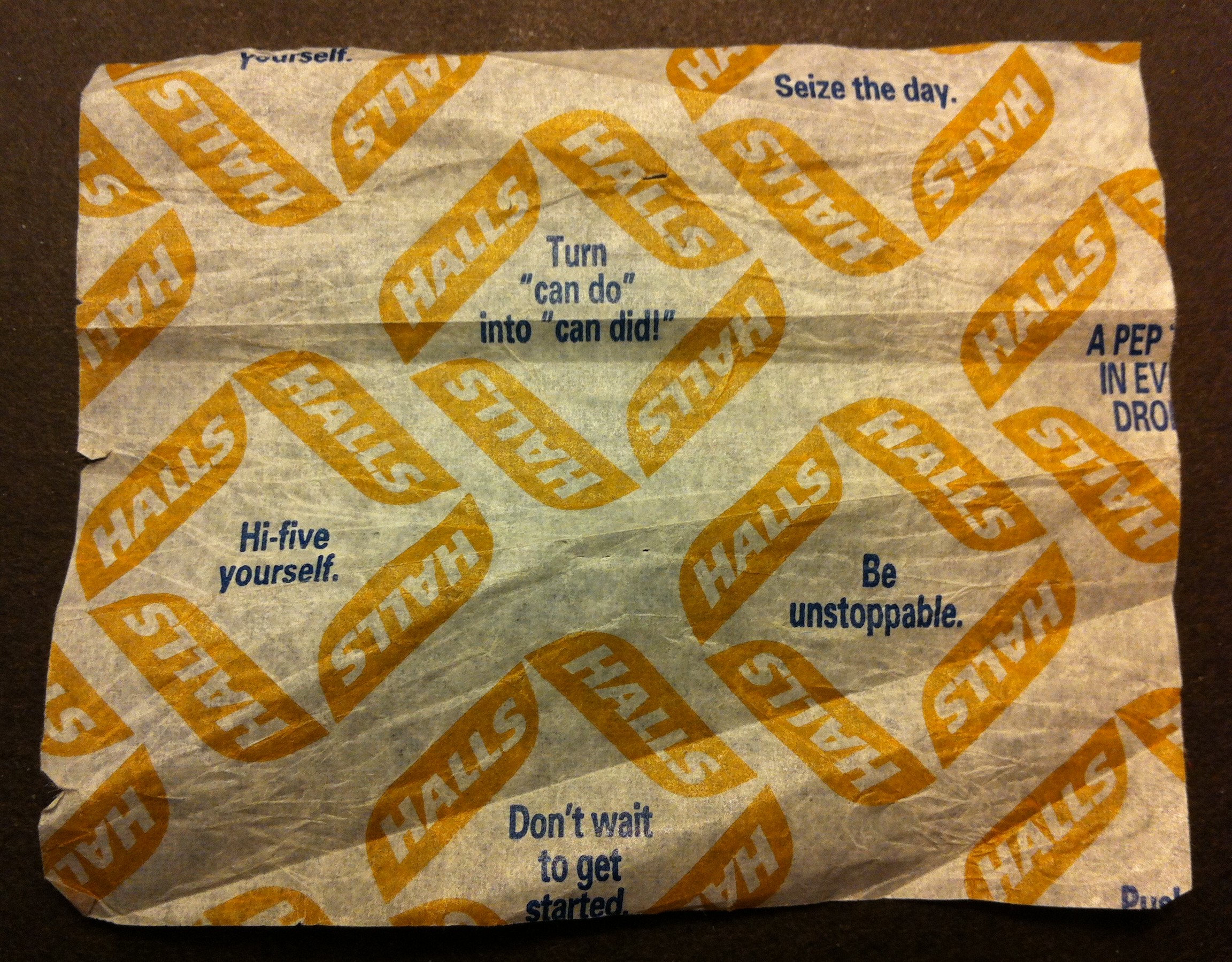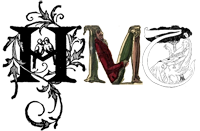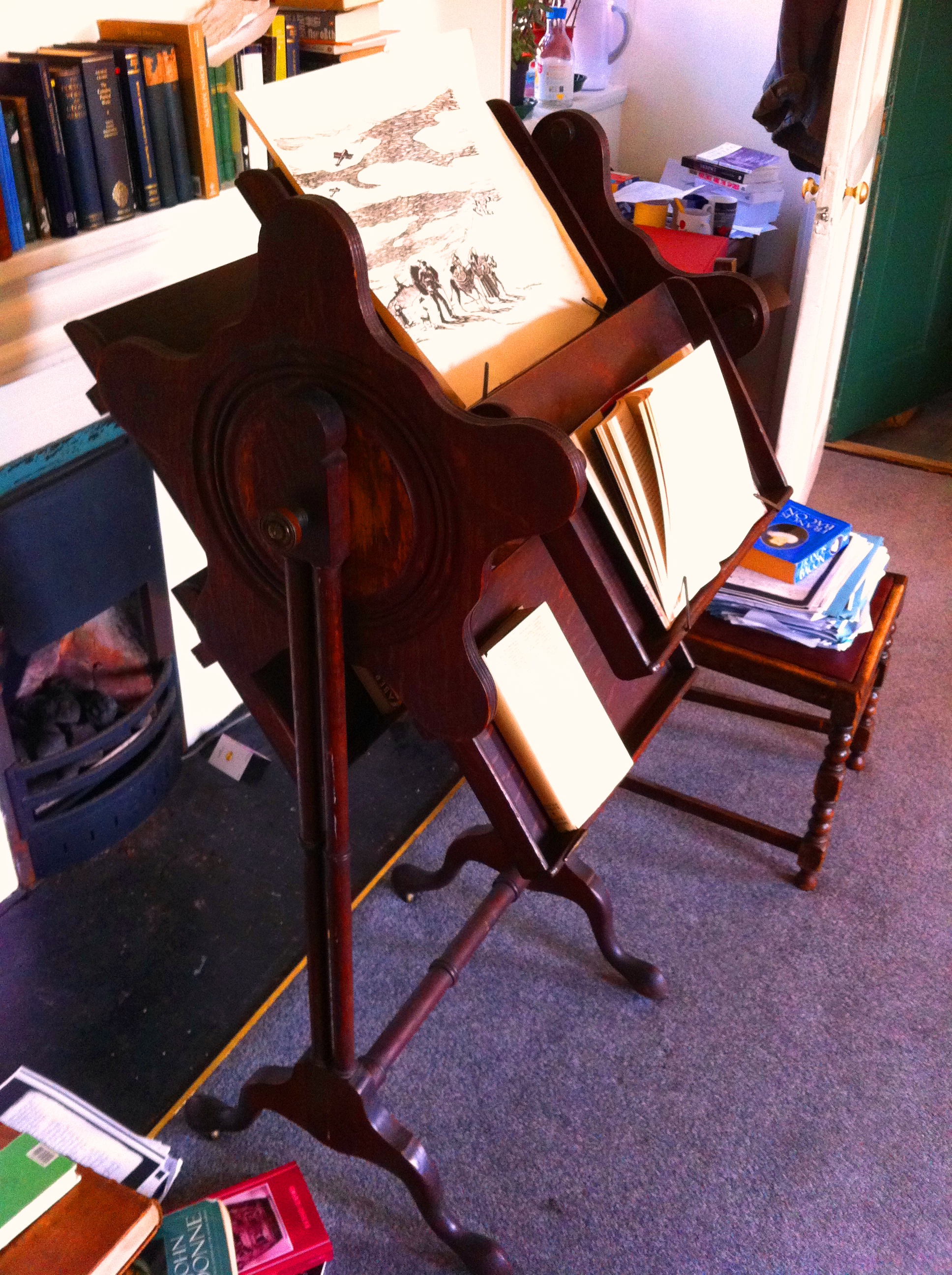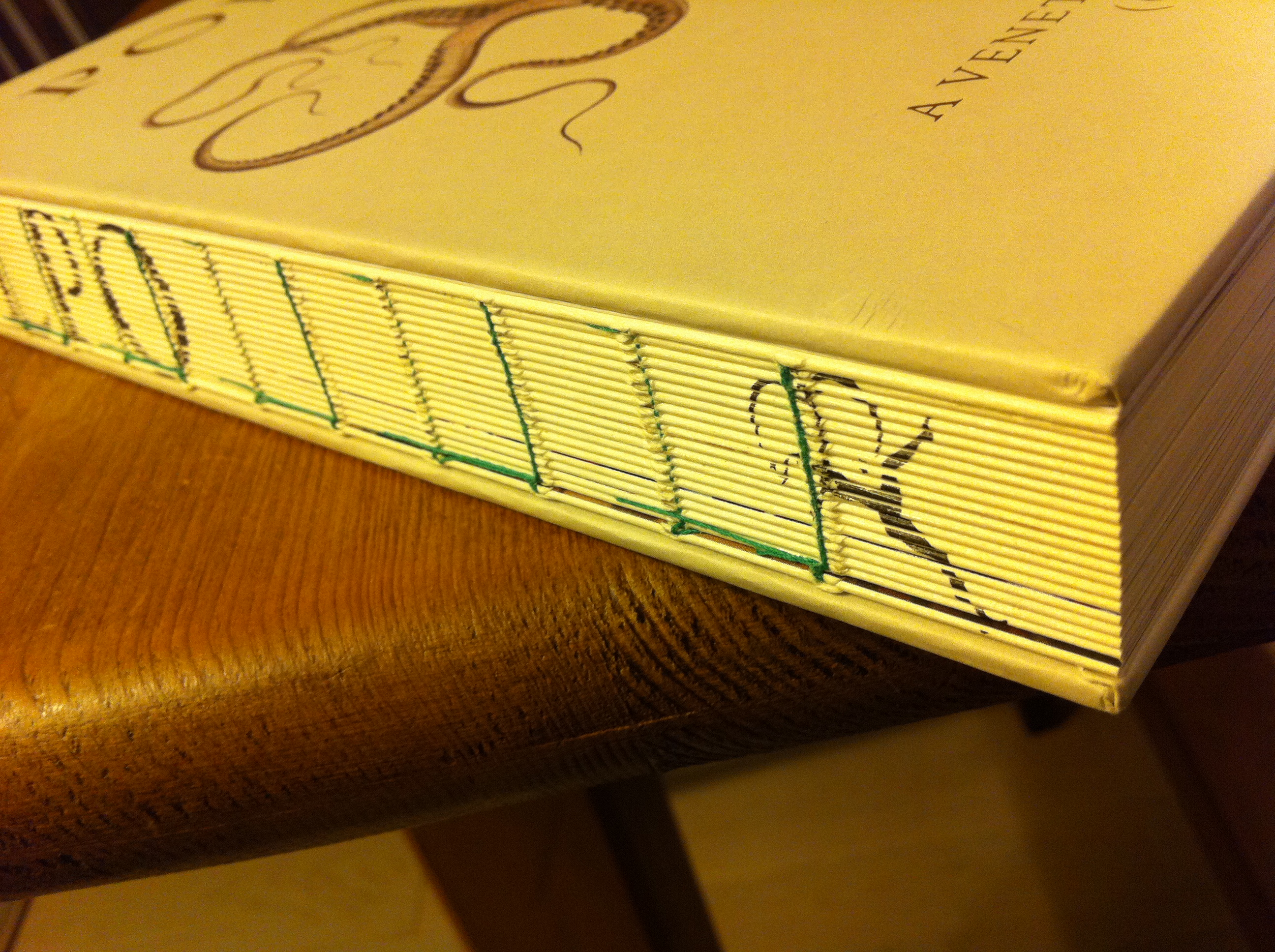Resurrecting the Book: 15-17 November 2013, Library of Birmingham, England
PLENARY SPEAKERS: Professor Sir David Cannadine, Princeton University; Professor Johanna Drucker, UCLA; Dr David Pearson, City of London Corporation; Professor Nicholas Pickwoad, University of the Arts, London.
CONFIRMED SPEAKERS: Professor David Roberts, Birmingham City University; Dr Jason Scott-Warren, Cambridge University; Linda Carreiro, University of Calgary; Sarah Bodman, University of the West of England
To celebrate the re-opening of the largest public library in Europe and its outstanding special collections,The Library of Birmingham, Newman University College, the Typographic Hub at Birmingham City University and The Library of Lost Books have united to host a three-day conference on the theme of Resurrecting the Book.
With e-book downloads outstripping the purchase of hard copies, with libraries closing and discarding books and with the value of the book as physical object being increasingly questioned, this interdisciplinary conference will bring together academics, librarians, publishers, artists, creators, designers, and users of books to explore a wide variety of issues pertaining to the creation, design, construction, publication, use, reuse, preservation, loss, and recovery of the material book, electronic and digitized books, and of collections and libraries. Abstracts on the conference themes and their intersection and covering any historical period are invited. The conference themes include, but are not limited to:
BOOKS AS MATERIAL OBJECTS: the materiality of book creation, construction, production, use, reuse, and destruction; manuscripts and printed books; book-design, illustration, paratextuality and its manifestations; book-covers, bindings, clasps, vellum, parchment, paper, manuscript and printing and production processes;
COLLECTIONS AND LIBRARIES: book collectors, collections and their locations; missing, lost and found books; the creation, recreation, dispersal, sale and destruction of books and libraries; the movement of books and libraries; lost libraries; the impact of libraries on books; lost and revised editions;
THE ARTIST’S BOOK: altered books; book preservation and conserved books; books and material culture; books as art; books in art; illustration and illumination; woodcuts; engravings; marbled pages; book decoration; printmaking;
E-BOOKS: the creation, use and abuse of ebooks; neglected and lost ebooks; ebook readers; electronic libraries; books and collections and the impact of digital technologies;
PUBLISHING: publishers and publishing; the future of publishing; back-catalogues; print-runs; editions; archives; digitization and multi-media books;
Abstracts of no more than 400 words accompanied by a 50 word biographical profile should be sent to both: Dr Matthew Day – m.day@newman.ac.uk and Dr Caroline Archer – caroline.archer@bcu.ac.uk
DEADLINE for submission of abstracts: FRIDAY 1st FEBRUARY 2013.
The conference will run in conjunction with The Library of Lost Books Project. This is an exhibition of 50 de-accessioned books which have been given a new lease of life as objects redesigned into works of art. The conference is also part of the Library of Birmingham’s reopening festival.
A weblink to the CFP is at http://resurrectingthebook.org/86-2/
 Anyone suffering from snuffles and sneezes at this time of year can take comfort from a cough-sweet that not only relieves your symptoms but also clobbers you with inspirational slogans. Some of them are a bit dubious: is it possible, or particularly cheering, to ‘hi-five yourself’? But the instruction to ‘Be unstoppable’ is undeniably helpful. There’s an impressive balance of old and new–the wacky ‘Turn “can do” into “can did!”‘ rubbing shoulders with the classical injunction to ‘Seize the day’.
Anyone suffering from snuffles and sneezes at this time of year can take comfort from a cough-sweet that not only relieves your symptoms but also clobbers you with inspirational slogans. Some of them are a bit dubious: is it possible, or particularly cheering, to ‘hi-five yourself’? But the instruction to ‘Be unstoppable’ is undeniably helpful. There’s an impressive balance of old and new–the wacky ‘Turn “can do” into “can did!”‘ rubbing shoulders with the classical injunction to ‘Seize the day’.

